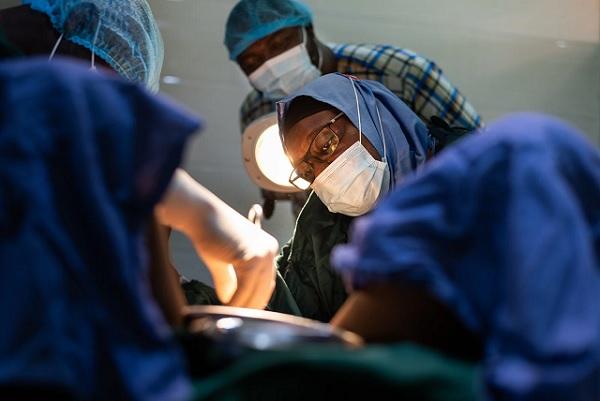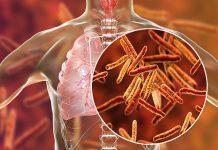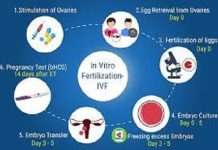
The Federal Government has called on the global oncology community to support it in closing cancer health disparity in the country and other Low and Middle Income Countries (LMIC).
The Director-General, National Institute for Cancer Research and Treatment (NICRAT), Prof. Usman Aliyu, made the call on Tuesday at the Mayo Clinic Comprehensive Cancer Centre Community Outreach and Engagement Cancer Research Showcase at Florida, USA.
The paper was titled: ‘Establishment of National Cancer Institute in Low and Middle Income Countries : A Strategic Step in Addressing Cancer Health Disparity’.
Aliyu in the paper made available to the News Agency of Nigeria (NAN) said the establishment of National Cancer Institutes in LMICs is a strategic step to bridging the gap in cancer care disparities.
He said that by prioritising research, early detection, treatment, palliative care and public awareness, cancer institutes could significantly improve cancer outcomes for millions of people.
“Let us unite our efforts, advocate for change and work towards a future where equitable cancer care is accessible to all, regardless of where they live or their socio-economic status.
“Together, we can make a difference and save countless lives from the burden of cancer,” he said.
Aliyu said that cancer is globally recognised as one of the leading Non-Communicable Diseases (NCDs) and a major contributor of morbidity and mortality, with an estimate of over 19.3 million new cases and almost 10 million deaths in 2020.
He added that LMICs are disproportionately affected, with high mortality rates and inadequate access to quality cancer care.
He also said that the number of new cases is expected to rise by 70 per cent in the next two decades with the highest proportion in LMICs where survival rates are less than half of those in developed countries.
“In Nigeria, cancer is responsible for more than 72,000 deaths every year, with an estimated 102,000 new cases of cancer annually,” he said.
He defined LMICs to be nations with per capita gross national income of less than 13,205 dollars and that they comprise more than two-thirds of the countries in the world.
He said that they also house more than six billion people out of the projected 8.0 billion world population by 2023.
According to him, supporting these LMICs is important because they have limited access to preventive measures, early detection, diagnostics, treatment options and supportive care services.
He also said that they have inadequate infrastructure, shortage of skilled healthcare professionals, financial constraints and cultural barriers that hinder effective cancer management.
He added that they represent more than one-third of global Gross Domestic Product and make up a major engine of global economic growth.
Aliyu, however, said that cancer care in Nigeria had evolutionised over the years by raising awareness and providing limited treatment options as well as other activities to control the burden of the disease.
He added that the establishment of NICRAT by the Federal Government was in recognition of the need for a more coordinated and multi-sectorial response to the growing cancer burden in Nigeria.
“The institution activities are targeted at addressing the gaps in cancer care in Nigeria.
“It focuses on raising public awareness, research, prevention, education, treatment, and support services.
“The institute plays a crucial role in bridging the disparities and ensuring improved cancer care nationwide,” he said
He said that the institute is streamlining and prioritising research efforts to improve treatment outcomes, develop new interventions and better understand the epidemiology of cancer in Nigeria and bridge research-to-practice gaps.
He added that by conducting studies and collaborating with national and international partners, NICRAT would ensure advancing cancer care practices and tailoring them to the Nigerian context
The DG, however, said that in spite of all these, challenges such as funding, building and maintaining infrastructure, workforce development and changing cultural perceptions persist
“Overcoming these challenges would therefore require collaboration with governments, international organisations, the private sector and civil society organisations,” he said. (NAN)












